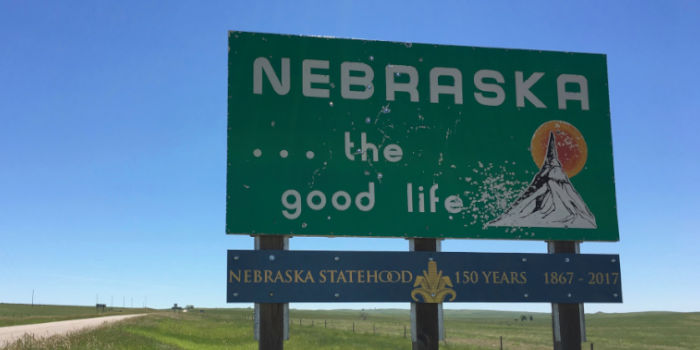Although the operation of a legitimate gambling establishment encompasses a myriad of intricate components such as relevant licenses, approvals, necessary equipment, and more importantly, the establishment of a legal groundwork that clearly mandates regulations, the foremost step is the legalization of the activity and the creation of a corresponding regulatory body.
Post-establishment, the responsibility of the regulatory body is to ensure that the licensees meticulously comply with the regulations and to systematically supervise both physical and virtual gambling activities within the governing territory. An ongoing expansion of the gambling sector is the current scenario in Nebraska. However, the primary concern of the regulator in this state reportedly appears to be manpower.
In 2020, the citizens of Nebraska overwhelmingly affirmed their approval for an increase in gambling activities prevalent in the state, which included casino operation through horse racetracks. Since this event, there have been several developments in the industry, and two temporary locations for gambling facilities have now opened to the public. A third temporary gambling establishment, situated at the Platte County Agricultural Park in Columbus, has recently obtained a license from the state gambling regulator, known as the Nebraska Racing and Gaming Commission (NRGC), and is set to open its doors soon.
While the Nebraska gambling market shows signs of expansion and its operators show a keen interest in supplying their services, the establishment of a gambling venue involves a complex process and requires careful attention, especially from the regulatory body. The NRGC is grappling with the challenge of an inadequate workforce, according to a recent survey by KETV.
It was during the prior summer that the regulatory body commenced the recruitment of employees. The regulator was enabled to start hiring employees in June of last year when the first licensing fees were received. From a mere three, the regulator’s workforce has now scaled up to nearly 18 members. However, Tom Sage, the executive director of NRGC, opines that the current workforce still falls short of the requirement.
The Need for Additional Regulatory Staff is Evident
Sage expounded that as more temporary and permanent casino venues open, the staff requirement at the Commission will inevitably increase. He recognized that once Nebraska reaches its maximum potential in terms of casino establishments, the NRGC may need to swell its ranks by an estimated minimum of 50 to 60 employees.
The raison d’être for this surge in manpower is for the effective implementation of regulations meant to keep underage individuals away from casinos and confirm the provision of fair gambling experiences. “It is our aim to have our personnel present at the casinos round the clock. When I mention ‘personnel’, I am referring to state employees,” he clarified.
As per Sage, the ultimate objective of the regulator is to make both the residents of Nebraska and out-of-state visitors “feel that our industry is regulated and offers a fair deal.” He further discussed the advantages that gambling taxes render to the state. Sage also acknowledged that while augmenting manpower might present challenges, other states have shown astonishment at the rapid pace of growth exhibited by the Commission.







